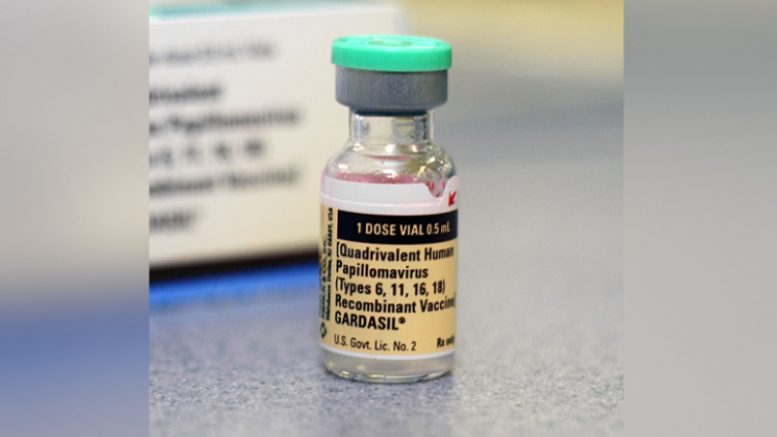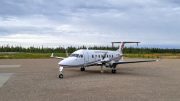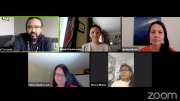A new research project incorporating Indigenous knowledge is looking to increase the rate of HPV vaccination in the Northwest Territories.
According to a news release, the NWT’s HPV vaccination rate is 55 per cent, compared to 92 per cent across Canada.
HPV is one of the most common sexually transmitted infection, and a leading cause of cervical cancer.
“Consultations will take place on the land through intergenerational activities such as hunting, beading and hide-tanning, using a research approach known as ‘Two-Eyed Seeing’, which incorporates the strengths of both Indigenous and western ways of knowing,” reads the release.
Researchers will also gather data on the COVID-19 vaccine uptake, to inform best practices to increase vaccination rates.
The Canadian Institutes of Health Research recently awarded the five-year project $2 million with the goal to integrate culturally-appropriate practices in vaccine promotion.
The project is a partnership between Dr. Sangita Sharma of the University of Alberta and the Indigenous and Global Health Research Group, based in Edmonton. Hotıì ts’eeda is supporting and facilitating the project, along with the Department of Health and Social Services.
Researchers expect to begin in about six months.









